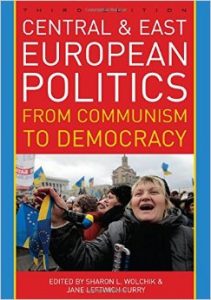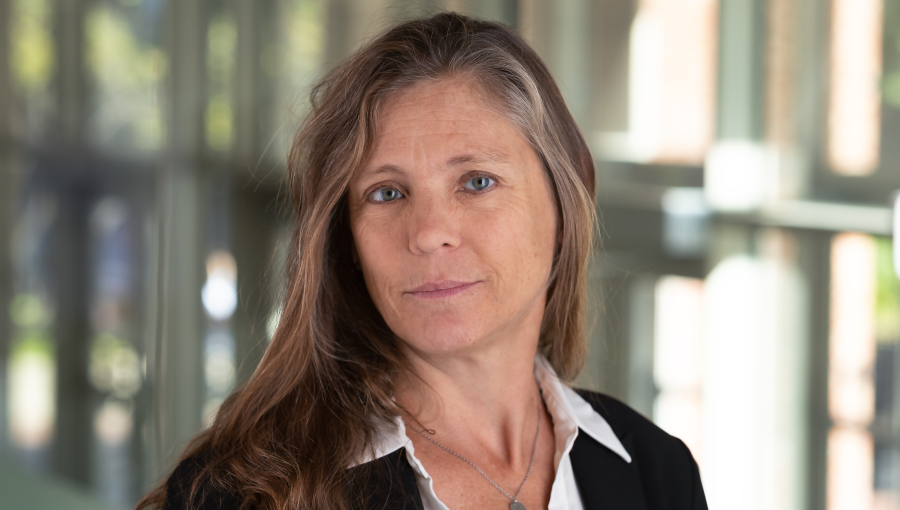Third Edition of Successful Textbook Presented at Polish Institute of Rome
On Wednesday March 25th, the Guarini Institute, along with several other cultural and diplomatic bodies, organized a panel at the Istituto Polacco to discuss the recently released third edition of Central and East European Politics: From Communism to Democracy, an already classic textbook published by Rowman & Littlefield, edited by Sharon L. Wolchik and Jane L. Curry.
Panel members included Curry, Jolanta Balciuniene, Tetiana Izhevska, James McCann, Piotr Nowina-Konopka, and contributing author Federigo Argentieri. The discussion touched upon a wide variety of conflicts surrounding the shift from communism to democracy, most notably the current Ukraine and Russia crisis.

Balciuniene, the Ambassador of the Republic of Lithuania to the Italian Republic, began the panel by congratulating the academic success of the book. She spoke about how her country was hungry for freedom, but had to work hard to escape past ideologies.
Izhevska, the Ambassador of Ukraine to the Holy See, praised the book for its pertinent timing and for embracing underrepresented topics like the role of women in a post-communism world. She spoke about the current crisis between Ukraine and Russia, blaming the Russians for not abiding by the 2014 Minsk ceasefire agreement. Ukrainians are “very peaceful people” fighting for their territorial integrity, and she cannot understand how Russians can label them as fascists. She calls upon the international community to take a stronger stance in support of Ukraine, warning that further Russian aggression could open the door to European domination.
Poland has become an advocate and an investor in other Eastern European nations, and Curry later encourages other Western nations to follow this lead. Polish academic and diplomat Nowina-Konopka accredits the success of his country to the institution of local government reforms. He believes that the democracy that they enjoy now would not be possible without free elections. Decentralizing the government and fostering local responsibility are prerequisites to establishing a legitimate and effective democracy.
Argentieri, a political science professor at John Cabot University, labels the current Ukraine crisis as “regrettably similar” to Hungary in the 1950s. He accredits the slanderous reputations of insurgents to ignorance, prejudice, and Russian influence. His remarks concluded by stating that Western democracies are not immune from responsibilities in dealing with the crisis, as resisting European Union collaboration on behalf of Ukraine offers indirect support to the Russian Federation.
Curry regrettably notes that this third edition of her coedited book portrays seemingly successful countries as going backwards. Eastern European politics should not be overlooked as “normal” and unworthy of study, and she hopes that this book will give students new theories to analyze the unique region. Though the West should change their dismissive attitude towards Russia, she warns against exporting democracy and calls for more solid principles of self-determination.
The talk ended with Izhevska’s inspiring remark, “may we all live in uninteresting times.” There seems to be hope among Ukrainians, and faith that Russian aggression can be pushed back with the support of Europe and the United States.
Learn more about the Guarini Institute of Public Affairs in Rome at John Cabot University.





